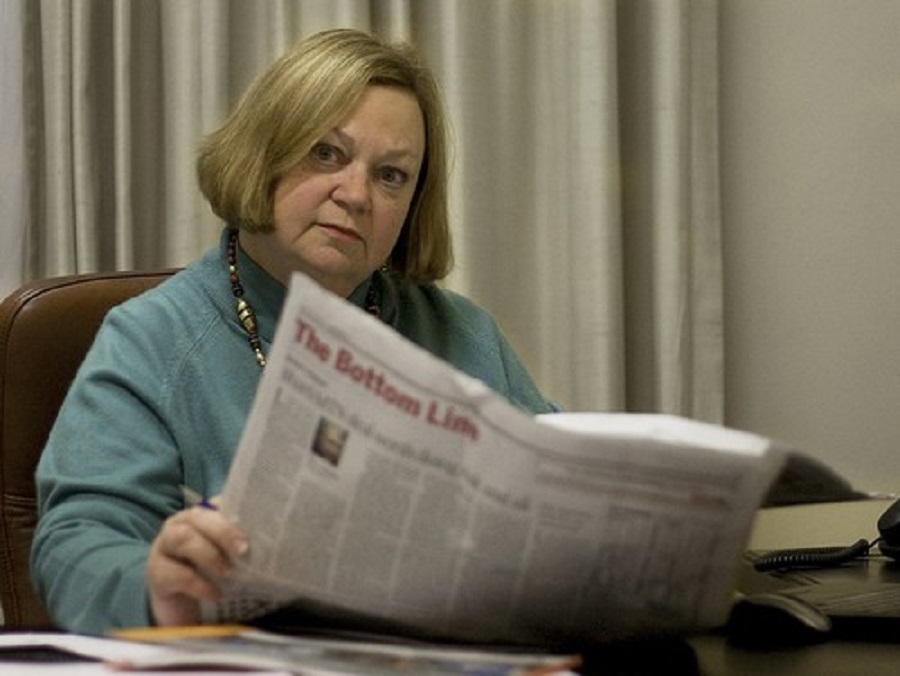In this exclusive guest post for Disrupt Africa, South Africa’s shadow minister of communications Marian Shinn talks about how Net Neutrality is relevant to Africa if entrepreneurs are to avoid being locked out of Africa’s online growth.
Africa Online is up for grabs. The economic and social potential of connecting its population to the opportunities offered via the internet is vast. But getting them online is a major headache.
Decades of poor and often corrupt governments, miserable education, minimal investment in ICT infrastructure and inadequate delivery of social services such as clean water and health systems have set in place a bitter contest for the financial resources to correct this all at once.
In many cases ICT is seen as a luxury compared to clean water and health systems. This view needs to change. Without exploiting ICT’s hand-up into the connected world of e-commerce the tax revenues necessary for government service delivery will not be generated or collected.
Internet World Stats puts the size of Africa’s internet population at 8.6 per cent. There are 240,146,482 internet users in a population of 1.125 billion. Facebook has 51.6 million users in Africa.
So there is a long way to go and Africa is in a hurry to catch up. And it is in this climate of urgency and inadequate resources that the corporate giants of the developed world see an opportunity to capture Africa into their version of the World Wide Web.
Some of this may be well meaning in a genuine attempt to help Africa leapfrog into new, cheaper technologies and benefit from the experience and expertise of the ‘older’ generation of ICT. But it is also a strategy to lock new markets into their proprietary world.
The debate about network neutrality that predominates in the United States (US) and Europe is seen as not being of importance to Africa yet because our internet population and infrastructure is too under-developed for this to be an issue.
But, as the offers from the big internet players to give us a hand-up into their world increase, we may well find that it comes with their strands of web stickiness that advocates for internet access to be prioritised for bandwidth-hogging applications and services, such a YouTube, Netflix and Amazon, to name a few.
This has the potential to deny quality access to smaller players who need the level playing field of net neutrality to gain visibility and markets in a clamouring online world.
African ICT regulators must be the frontline to protect the corporate creep that can potentially lockout innovative entrepreneurs from being seen and heard on the internet. Net neutrality must be their stand and they must regulate to protect it.
One of the ‘attractive’ offers of access to the internet is already gaining ground in Africa and the rest of the developing world. Internet.org is showing an altruistic face of basic, free internet but it is really a grab for dominance of Facebook and its chosen business partners.
While social media is a catalyst in driving internet access and impact, getting locked into their offering runs the risk to those who don’t pay to belong to this club being shut out of their nation’s ‘affordable, universal access’ networks.
Small, innovative businesses are key to Africa’s economic growth and job creation initiatives. If they cannot have open access to the internet they will seriously be hindered in their efforts to contribute to their nations’ growth and well-being.
In its Impact of the Internet in Africa published in April 2013, consultants Dalberg, found that 80 per cent of SMEs in the countries surveyed – Ghana, Kenya, Senegal and Nigeria – expect that internet will help them grow their businesses and 70 per cent of these expect to hire new employees as a result.
It is vital to Africa’s growth potential for regulators to be rigorous in entrenching net neutrality in their nations’ ICT infrastructure rollout strategy if the continent is to gain and maintain its independence from corporate capture by the developed world.


